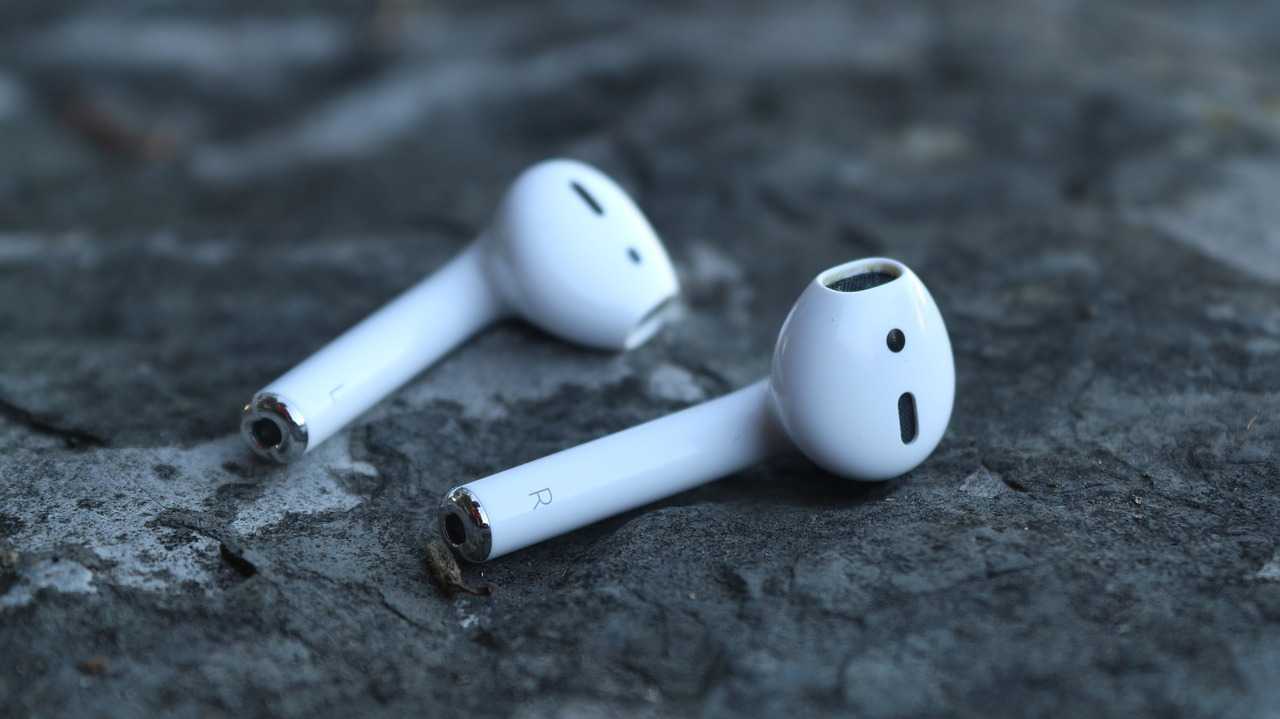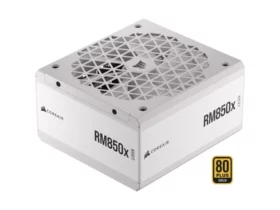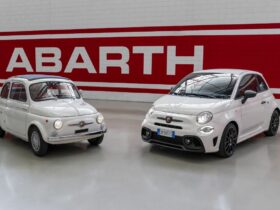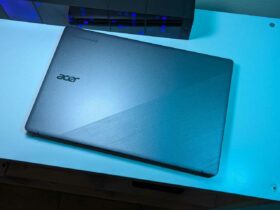Small enough to fit on your fingertips, but ten times more powerful than an AA battery. It has the revolutionary power to change the way we listen to music, in fact it has taken the electronics industry by storm
Not all that surprising that the AirPods microbattery of Apple, the size of a coin, has sparked a multi-billion dollar revolution (it seems that the production of AirPods alone guarantees Apple revenues of 175 billion dollars). But what is the story of this insignificant-looking object, produced by the German-Austrian company Varta?
A company on the verge of extinction
The origins of Varta, the company behind this modern success story, date back further 130 years ago.
Founded in 1887, Varta embraced the pharmaceutical and plastics industries, along with battery manufacturing. More than a century later, most of the company was split up and sold to various investors, with the help of Deutsche Bank. All that remained was his small microbattery business, an unprofitable business, which aroused no one’s interest. Nobody, except Michael Tojner.
An explosion … of success
Michael Tojner’s business activity was varied: it included different markets, from artisanal ice cream to online casinos.
Perhaps it was the acquisition of knowledge about gambling of chance that helped him make a wise move when making the decision to buy a company with negative cash flow. One thing this company was promising: a contract with Apple to supply a battery for an early version of the iPod Nano.
The beginning was not the best: one of the batteries exploded and Varta lost his contract with the tech giant. Despite the near-bankruptcy, Tojner and his colleague engaged the company in making a new type of battery: round lithium-ion cells.
By investing in research and automating production, they created a very powerful microbattery. With it, saving enormously on size, while ensuring greater power, they had a goose that lays golden eggs at their disposal. These microbatteries were the first of their kind and revolutionized the wireless headphone industry by offering manufacturers a cheaper and more efficient component.
Silicon Valley expressed its interest and, shortly thereafter, the big contracts arrived. The best results in the recent history of the company occurred in 2019, with the fundamental contribution given by the sales of AirPods. Varta had become the undisputed market leader in a rapidly expanding industry with a huge net worth of $ 2.8 billion.
A technological threat from Asia
But for Michael Tojner and his team, the onward journey was not easy: various clients, including Samsung, they started using a Chinese alternative to the Varta battery.
Varta threatened a lawsuit against suppliers, claiming these alternatives violated their patents; but analysts accused Varta of being slow to react and arrogant about the uniqueness of its products. The controversy led to a 21% drop in the company’s value, making it one of the industry’s worst performers in early 2020.
An optimistic future
Despite all of this, Tojner has shown himself to be combative, stating in an interview on Forbes that the quality of the Varta battery is superior to that offered by its rivals, which is why the company can afford to charge a higher price.
He also said that the sector will continue to expand, speaking of “huge growth potential” and stating that every smartphone will have a wireless headset device similar to AirPods within a decade.
A look at the Apple AirPods market seems to support this optimistic outlook: it is a 6 billion dollar market with good room for growth. The quality of these earphones is highly regarded by consumers and is reflected in their selling price (up to $ 250).
Whatever happens, the story of this tiny coin-shaped battery that transformed the earphone industry is very interesting, and tech enthusiasts are eager to follow. future developments.















